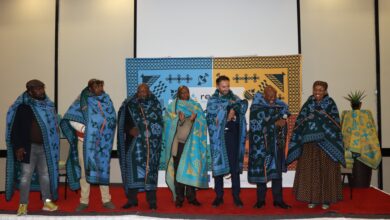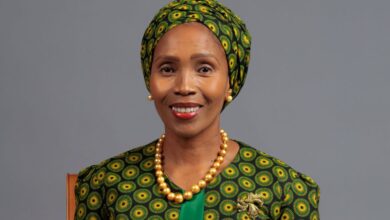NCCC Chairperson Encourages Liotloaneng Community to Adopt Climate Change Adaptation Strategies

Amidst the ongoing threat of severe droughts that frequently impact many communities, Mr. Mofihli Phaqane, the Chairperson of the National Climate Change Committee (NCCC), has urged the Liotloaneng community to adopt effective climate change adaptation strategies. Speaking during the Berea District Disaster Management Team (DDMT) awareness campaign, Phaqane emphasized the importance of conserving available water resources to prepare for the harsh conditions that often follow periods of drought.
The awareness campaign, which is focusing on climate change education and preparedness, comes at a critical time, as predictions indicate that the period from November 2024 to January 2025 will experience normal to above-normal rainfall. Despite this, Phaqane warned that such periods of abundance do not guarantee long-term stability, and communities must remain vigilant, especially in managing water resources.
Phaqane stressed that during droughts, water sources are often severely affected, which in turn causes significant hardship for both people and animals. He cited the example of rivers running dry, which leads to the death of livestock and further complicates food security and water access.
“Every time when drought strikes, water sources get affected and as a result, people and animals always suffer the worst consequences,” he explained. “Possibly when rivers run dry, animals are going to die, and there is a need to develop climate change adaptation strategies.”
The Chairperson’s comments highlight the urgency of preparing communities for the fluctuating patterns of rainfall and the broader impacts of climate change. By adopting conservation practices and developing strategic responses, communities like Liotloaneng can mitigate the worst impacts of climate stress and ensure sustainable water use in future crises.
The DDMT campaign continues to spread awareness about climate change and the critical importance of adapting to the evolving environmental challenges. Through these efforts, it is hoped that more communities will be better prepared to face both the immediate and long-term challenges posed by climate change.
Join 'Lesotho News' WhatsApp Channel
Get breaking Lesotho news — delivered directly to your WhatsApp.
CLICK HERE TO JOIN



